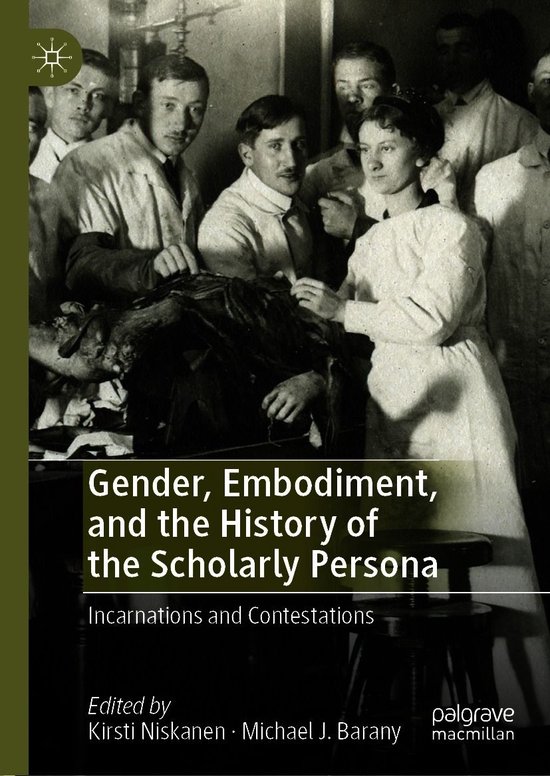Gender embodiment and the history of the scholarly persona

Direct beschikbaar
This book investigates the historical construction of scholarly personae by integrating a spectrum of recent perspectives from the history and cultural studies of knowledge and institutions. Focusing on gender and embodiment, the contributors analyse the situated performance of scholarly identity and its social and intellectual contexts and consequences. Disciplinary cultures, scholarly practices, personal habits, and a range of social, economic, and political circumstances shape the people and formations of modern scholarship.
Featuringa foreword by Ludmilla Jordanova, G**ender, Embodiment, and the History of the Scholarly Persona: Incarnations and Contestations is of interest to historians, sociologists, media and culture scholars, and all those with a stake in the personal dimensions of scholarship. An international group of scholars present original examinations of travel, globalisation, exchange, training, evaluation, self-representation, institution-building, norm-setting, virtue-defining, myth-making, and other gendered and embodied modes and mechanisms of scholarly persona-work. These accounts nuance and challenge existing understandings of the relationship between knowledge and identity.
- 1 Bekijk alle specificaties
Taal: en
Bindwijze: E-book
Oorspronkelijke releasedatum: 19 februari 2021
Ebook Formaat: Adobe ePub
Hoofdredacteur: Kirsti Niskanen
Tweede Redacteur: Michael J. Barany
Hoofduitgeverij: Palgrave Macmillan
Lees dit ebook op: Desktop (Mac en Windows)
Lees dit ebook op: Kobo e-reader
Lees dit ebook op: Android (smartphone en tablet)
Lees dit ebook op: iOS (smartphone en tablet)
Lees dit ebook op: Windows (smartphone en tablet)
Studieboek: Nee
EAN: 9783030496067